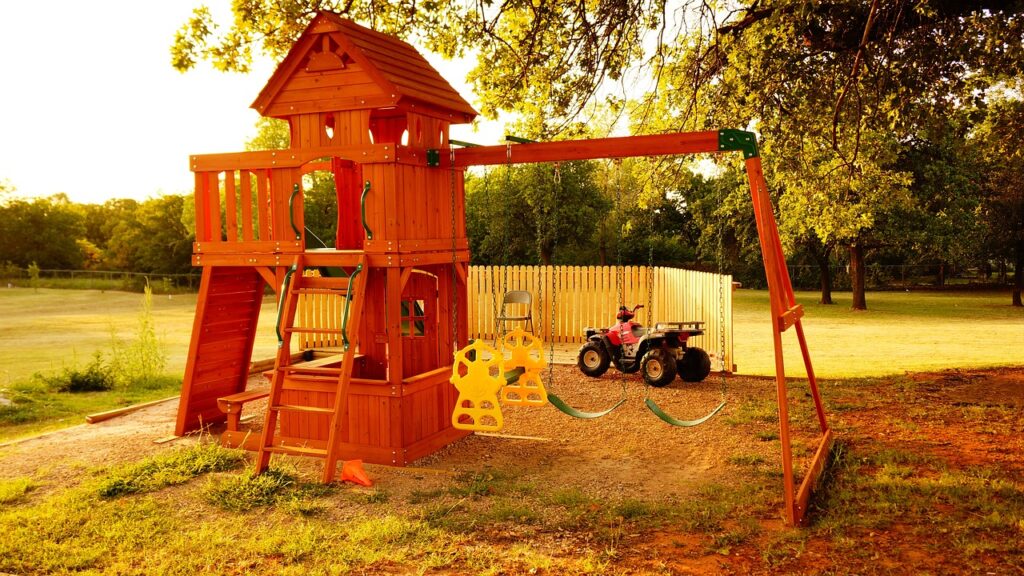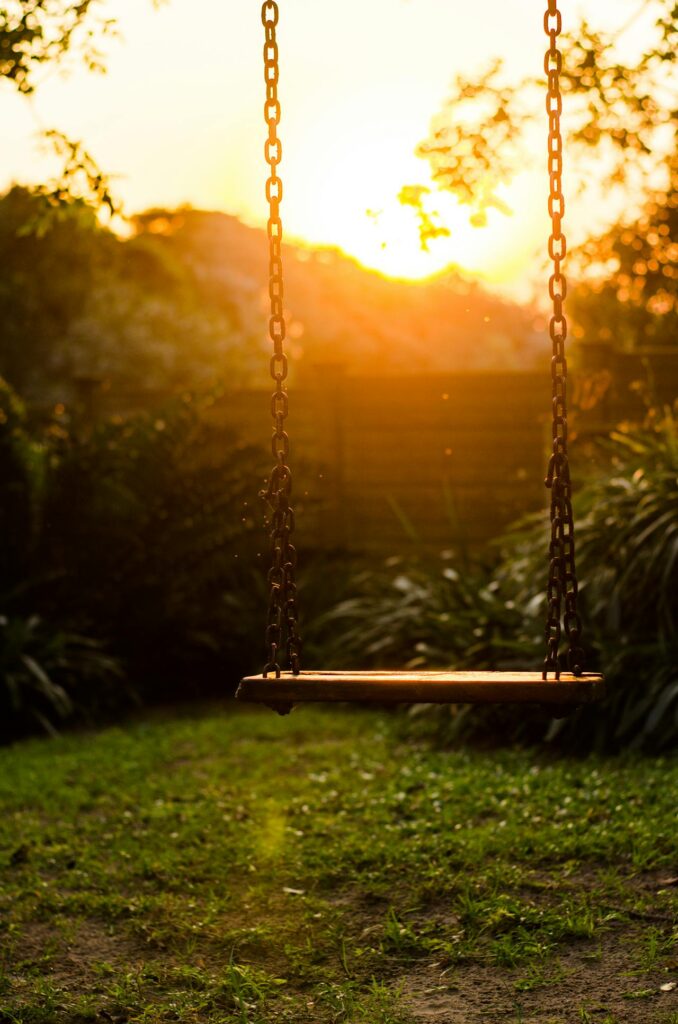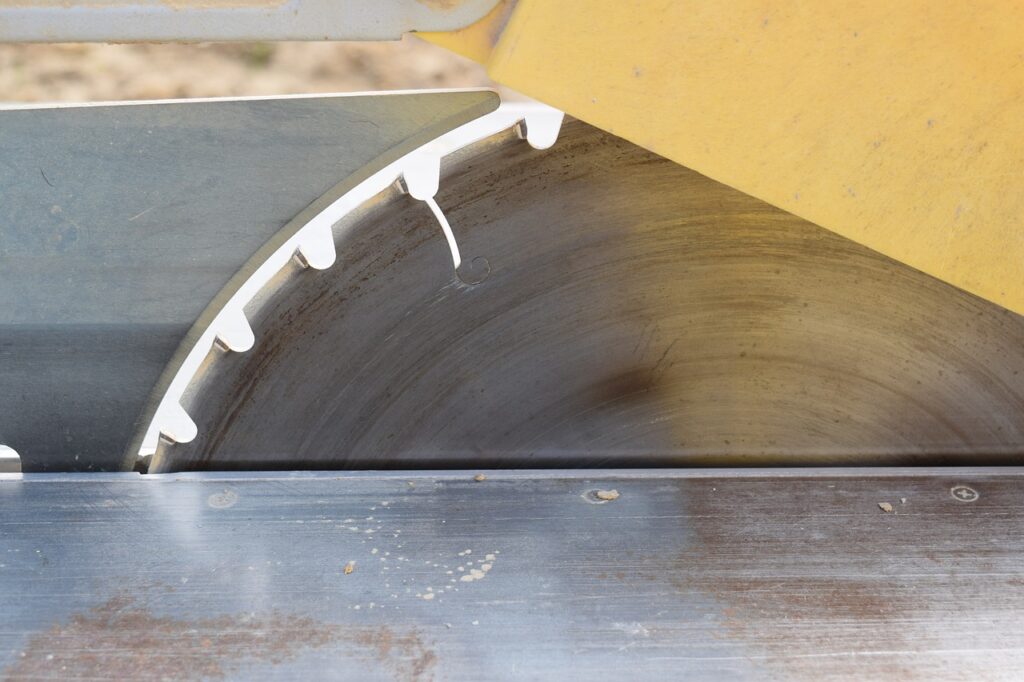Introduction
There’s nothing quite like the joy of watching kids play outdoors, and having a custom-built DIY treehouse can make that experience even better. Whether you have a spacious backyard or a smaller area to work with, treehouses can provide endless entertainment while also enhancing your landscaping. In this article, we’ll walk you through the process of planning, designing, building, and maintaining your very own treehouse. Let’s dive in and create a fun and safe play space for your children!

Planning Your DIY Treehouse
Assessing Your Space
Before you start building, it’s crucial to assess the available space in your yard. Measure the area and consider factors like sunlight, shade, and proximity to other structures. A well-planned location can enhance the play experience and ensure safety.
Choosing the Right Materials
Selecting durable and safe materials is key to building a reliable treehouse. Options include pressure-treated wood, cedar, or even metal. Each material has its pros and cons, so consider factors like longevity, maintenance, and cost.
Design Ideas for DIY Treehouses
Simple Swing Sets
Swing sets are a classic addition to any backyard. They are relatively easy to build and can be customized with various swing types, including traditional swings, tire swings, and even hammock swings. Ensure the swing set is securely anchored to the ground and the rest of the treehouse for safety.

Climbing Walls and Towers
For kids who love to climb, adding a climbing wall to the DIY treehouse can provide hours of fun. These structures can be built with sturdy wood and equipped with handholds and ropes. You can also incorporate a slide for an extra element of excitement.
Building Your DIY Treehouse
Tools and Equipment Needed
To build your play structure, you’ll need basic tools like a saw, drill, hammer, measuring tape, and level. Depending on your design, you might also need specialized equipment like a post-hole digger or concrete mixer for securing posts.

Step-by-Step Instructions
- Start with a solid foundation by digging holes for the posts and setting them in concrete. Ensure they are level and evenly spaced.
- Construct the frame using your chosen materials, making sure each piece is securely fastened.
- Add the play elements like swings, slides, and climbing walls, following the manufacturer’s instructions for safe installation.
- Finish with safety features such as handrails, guardrails, and soft ground cover like mulch or rubber mats.
Safety Considerations
Ensuring Structural Integrity
Regularly check the structure for any signs of wear and tear. Tighten loose bolts, replace worn-out ropes, and inspect the wood for splinters or rot. Ensuring the structure’s integrity will keep it safe for play.
Adding Safety Features
Safety should always be a top priority. Add features like soft ground cover to cushion falls, install safety handles on ladders and climbing walls, and ensure that all edges and corners are smooth and free of sharp objects.
Maintenance Tips for Longevity
Regular Inspections
Schedule regular inspections to check for any potential hazards. Look for loose parts, damaged elements, and wear and tear. Promptly address any issues to keep the DIY Treehouse safe and functional.
Seasonal Maintenance
Different seasons bring different challenges. In the winter, protect your structure from snow and ice damage by covering it or applying a protective sealant. In the summer, check for signs of sun damage and treat the wood to prevent drying and cracking.
Conclusion
Building your own DIY treehouse can be a rewarding project that brings joy to your children and enhances your outdoor space. By carefully planning, selecting the right materials, and prioritizing safety, you can create a play area that will provide years of fun and memories. So roll up your sleeves, gather your tools, and get ready to build the ultimate play space!
FAQs
Q: What is the best material for DIY Treehouses?
A: The best materials for treehouses include pressure-treated wood, cedar, and metal. Each has its advantages, such as durability, resistance to weather, and ease of maintenance.
Q: How much space do I need for a treehouse?
A: The space needed depends on the size and type of treehouse as well as the features. A simple swing set might require a smaller area, while a more elaborate treehouse or climbing tower will need more space. Always ensure there is enough room for safe play.
Q: Are DIY treehoues safe for kids?
A: Yes, DIY treehoues can be safe for kids if built correctly. Follow all safety guidelines, use quality materials, and regularly inspect and maintain the structure to ensure it remains safe for play.
Q: How long does it take to build a treehouse?
A: The time required to build a treehouse varies based on the complexity of the design and your experience level. A simple swing set might take a weekend, while a more complex treehouse could take several weeks.
Q: Can I customize my treehouse design?
A: Absolutely! Customizing your treehouse is one of the best parts of a DIY project. You can tailor the design to fit your space, add unique features, and choose colors and decorations that your kids will love.